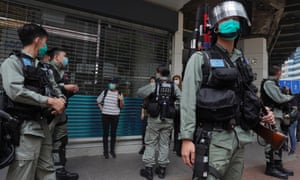Of course billionaires like Elon Musk love outer space. The Earth is too small for their egos
This week, Musk’s SpaceX will launch the first US astronauts into space in nine years. We’re meant to be inspired, but back on the ground the workers are struggling
Arwa Mahdawi THE GUARDIAN Wed 27 May 2020
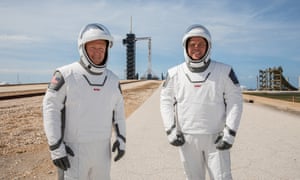
Arwa Mahdawi THE GUARDIAN Wed 27 May 2020

Astronauts Douglas Hurley (left) and Robert Behnken, part of Nasa and SpaceX’s joint mission. Photograph: Nasa/Kim Shiflett/PA
Here is the bad news: Earth is a bit of a mess at the moment. Here is the good news: there is still an entire universe out there for humans to destroy. And thanks to the ingenuity of a few space-obsessed billionaires, we might be poised to destroy it sooner rather than later.
On Wednesday, Elon Musk’s SpaceX company will (unless bad weather delays things) launch astronauts into orbit from US soil; the first time that has happened in nine years. It’s one small step for man, but one giant leap for the commercial space industry. We are at the beginning of a new era of privatised, and mainly billionaire-backed, space exploration. Musk has SpaceX; Jeff Bezos has Blue Origin; Richard Branson has Virgin Orbit.
There are some people who find billionaires with big rockets very inspirational. Axios’s space reporter, for example, opined: “If SpaceX can pull it off, its first crewed flight … will mark a beacon of hope in an otherwise dark time for the world.” Hope for whom, I want to know? The World Bank estimates that between 40 and 60 million people will fall into extreme poverty (earning less than $1.90 a day) in 2020, thanks to Covid-19. What hope, exactly, does a rocket blasting into space provide when you can’t put food on your plate?
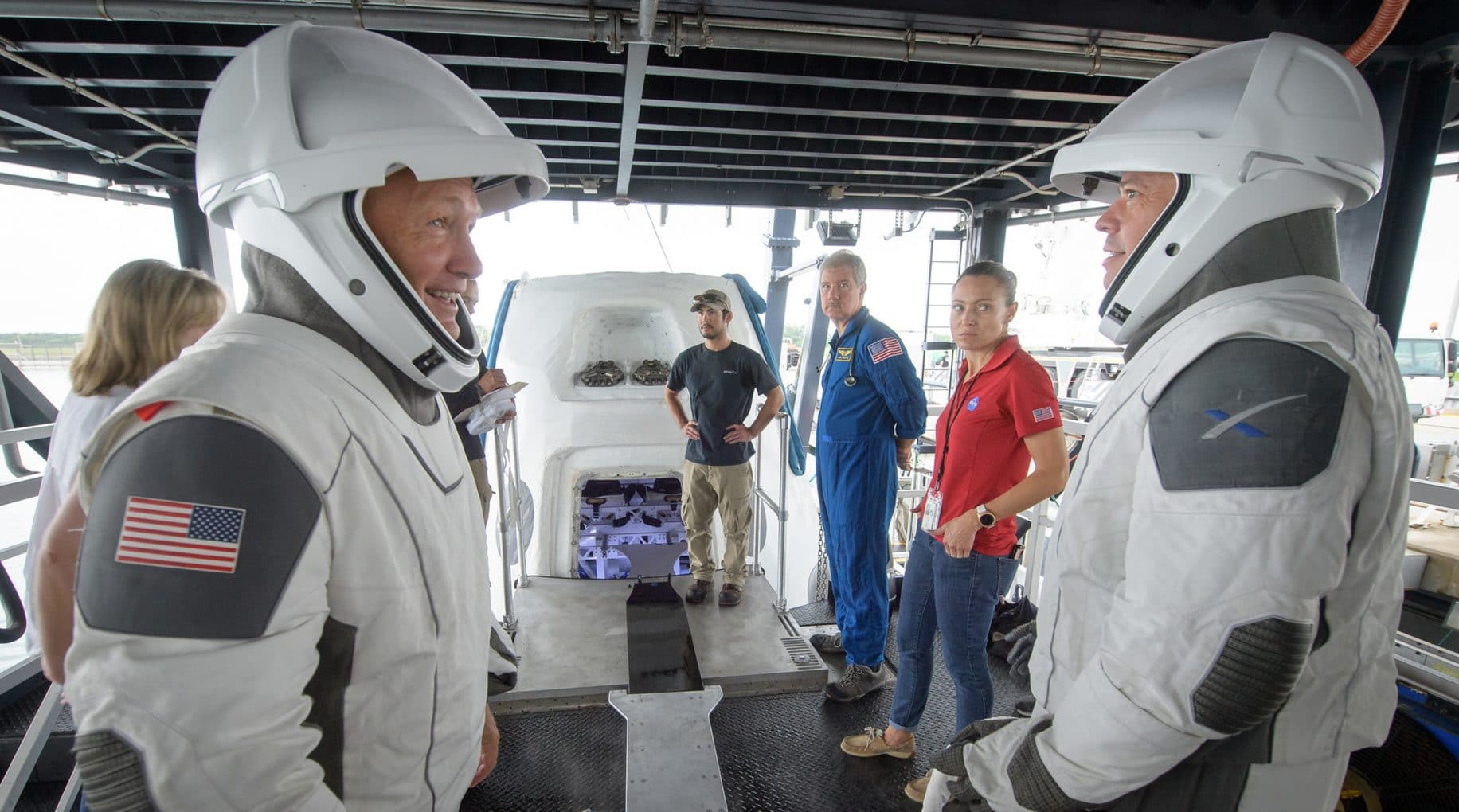
Of course, space exploration is not a zero-sum game. You can solve problems on Earth while also trying to expand humanity’s understanding of the universe. However, a lot of billionaires seem far more interested in colonising – and profiting from – space than they do in making life more bearable for their workers. Last year, for example, Bezos cut health benefits for 2,000 part-time workers at his grocery store Whole Foods, saving him a few million. He did that after boasting that he is so rich, “the only way that I can see to deploy this much financial resource is … space travel”.
Seriously, if you think that billionaires are exploring space for the good of humankind then I have a bridge on Mars I can sell you. They are doing it for their ego and the commercial opportunity. They are doing it because they think they, quite literally, are the masters of the universe.
Here is the bad news: Earth is a bit of a mess at the moment. Here is the good news: there is still an entire universe out there for humans to destroy. And thanks to the ingenuity of a few space-obsessed billionaires, we might be poised to destroy it sooner rather than later.
On Wednesday, Elon Musk’s SpaceX company will (unless bad weather delays things) launch astronauts into orbit from US soil; the first time that has happened in nine years. It’s one small step for man, but one giant leap for the commercial space industry. We are at the beginning of a new era of privatised, and mainly billionaire-backed, space exploration. Musk has SpaceX; Jeff Bezos has Blue Origin; Richard Branson has Virgin Orbit.
There are some people who find billionaires with big rockets very inspirational. Axios’s space reporter, for example, opined: “If SpaceX can pull it off, its first crewed flight … will mark a beacon of hope in an otherwise dark time for the world.” Hope for whom, I want to know? The World Bank estimates that between 40 and 60 million people will fall into extreme poverty (earning less than $1.90 a day) in 2020, thanks to Covid-19. What hope, exactly, does a rocket blasting into space provide when you can’t put food on your plate?

Of course, space exploration is not a zero-sum game. You can solve problems on Earth while also trying to expand humanity’s understanding of the universe. However, a lot of billionaires seem far more interested in colonising – and profiting from – space than they do in making life more bearable for their workers. Last year, for example, Bezos cut health benefits for 2,000 part-time workers at his grocery store Whole Foods, saving him a few million. He did that after boasting that he is so rich, “the only way that I can see to deploy this much financial resource is … space travel”.
Seriously, if you think that billionaires are exploring space for the good of humankind then I have a bridge on Mars I can sell you. They are doing it for their ego and the commercial opportunity. They are doing it because they think they, quite literally, are the masters of the universe.

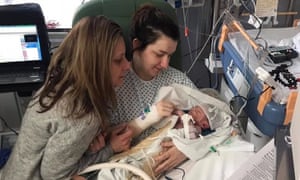
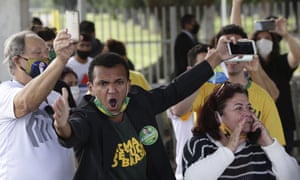
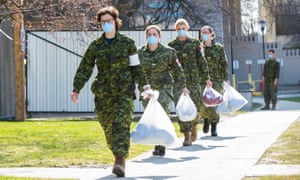
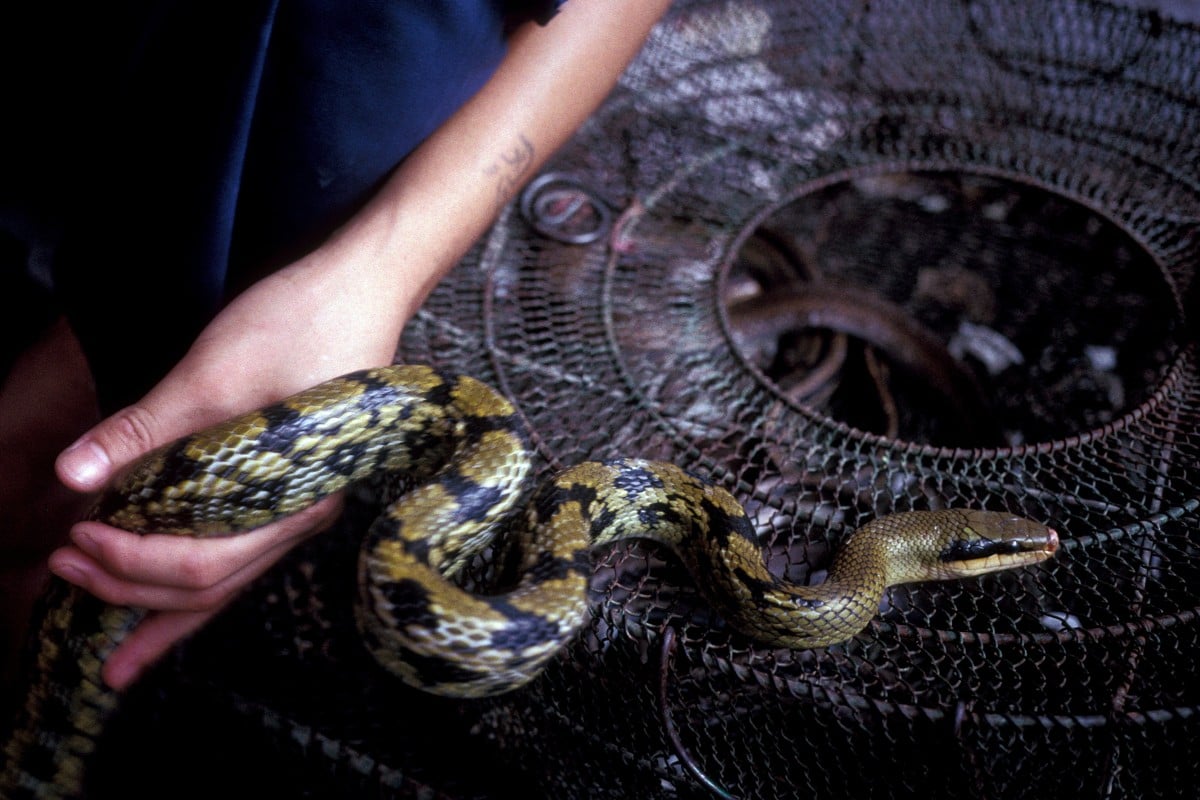
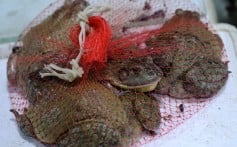


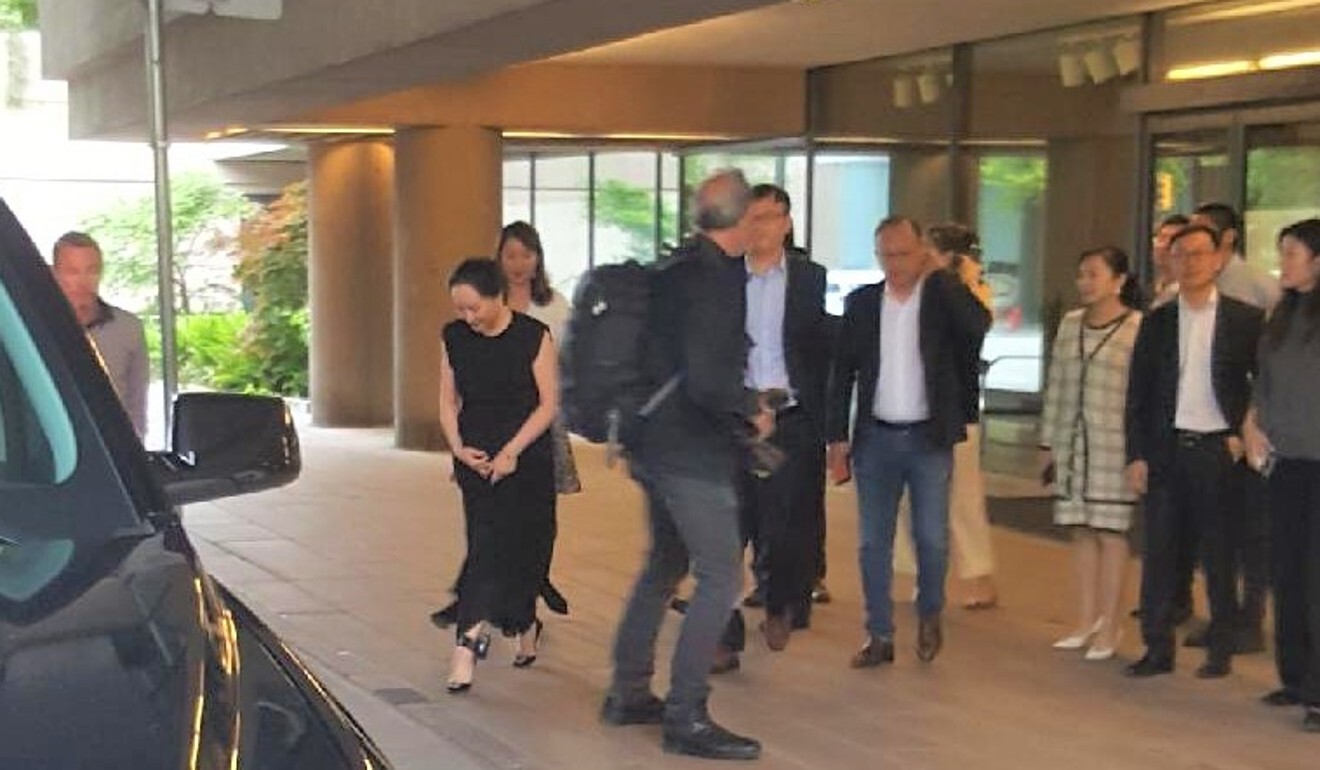




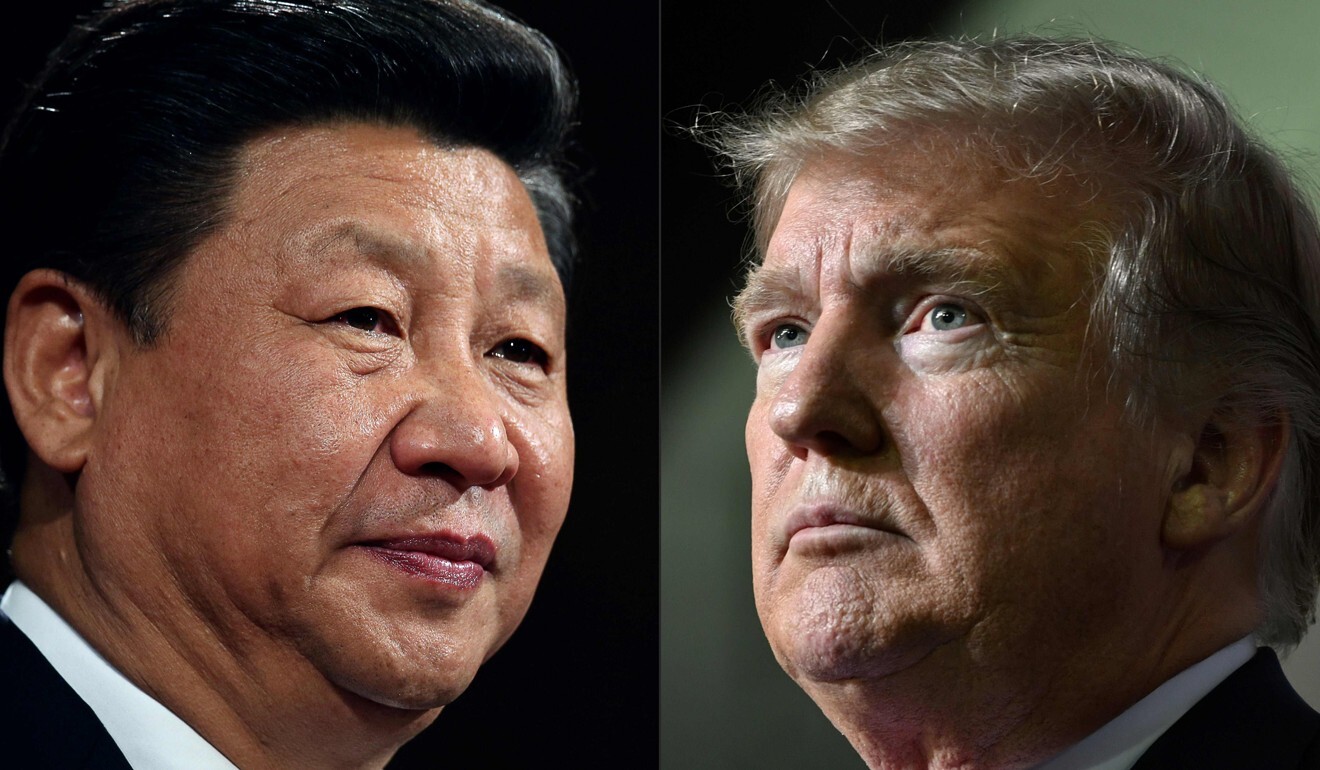
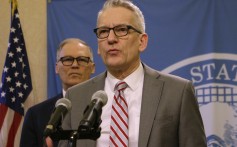
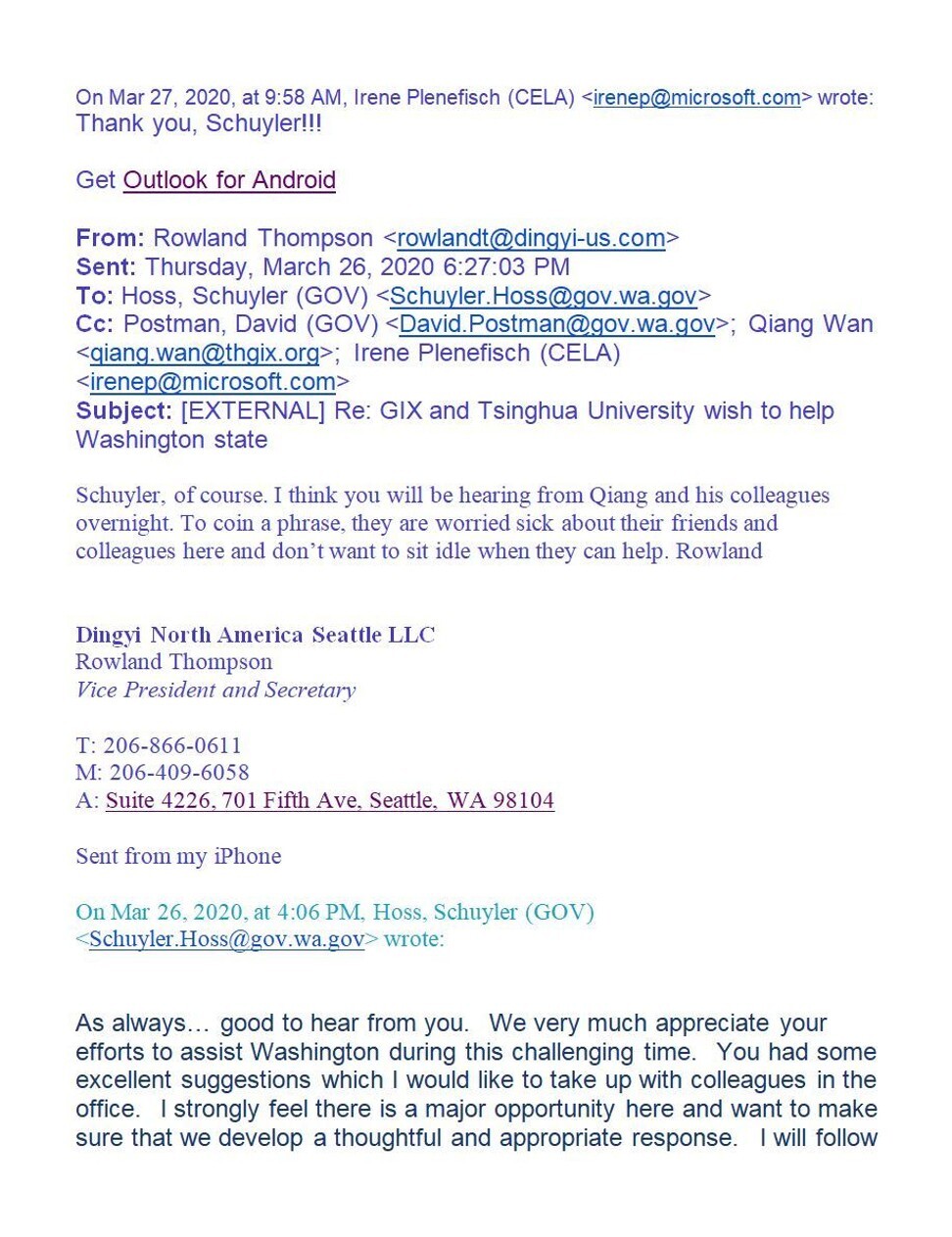
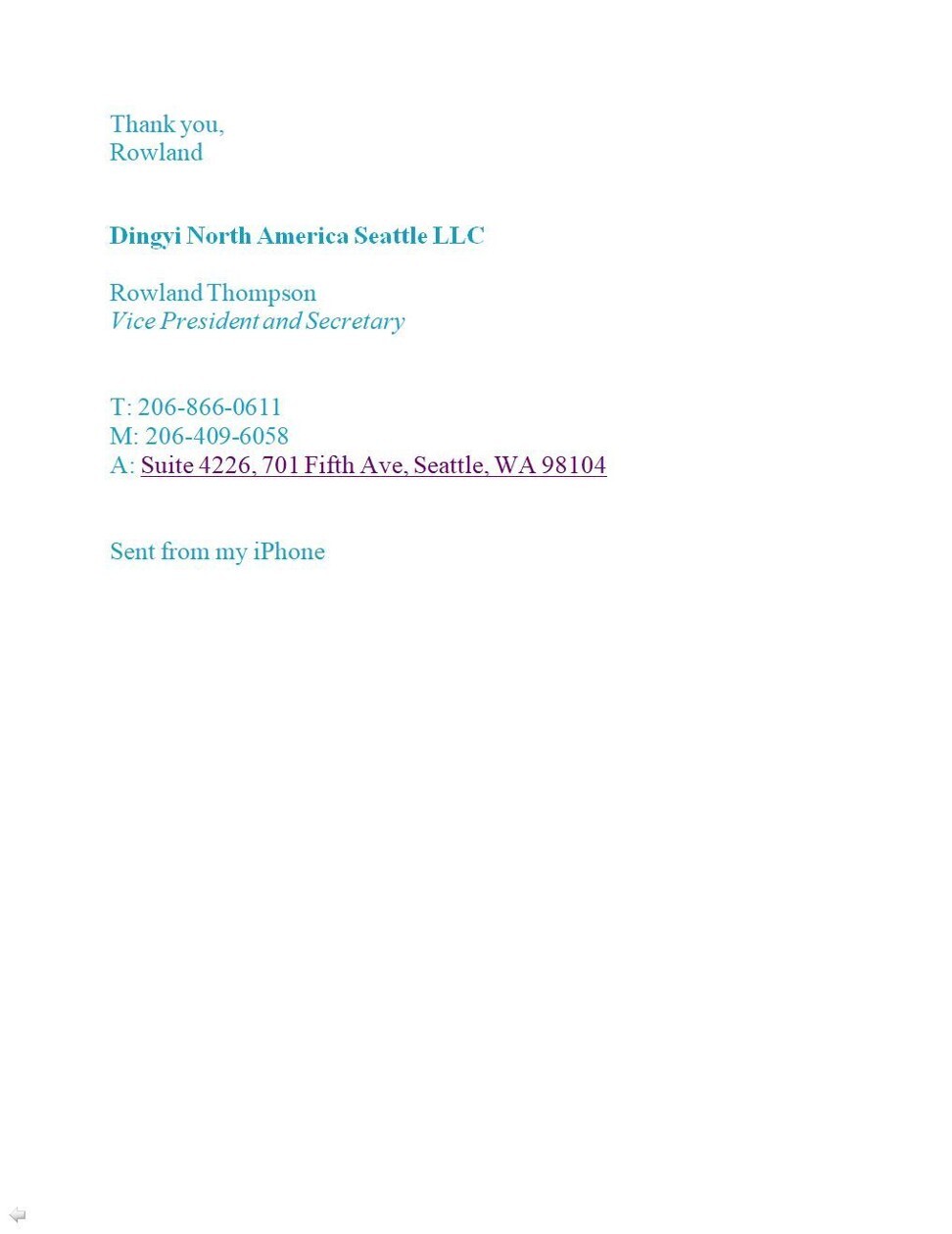

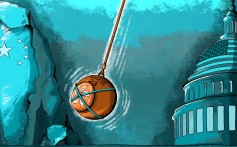
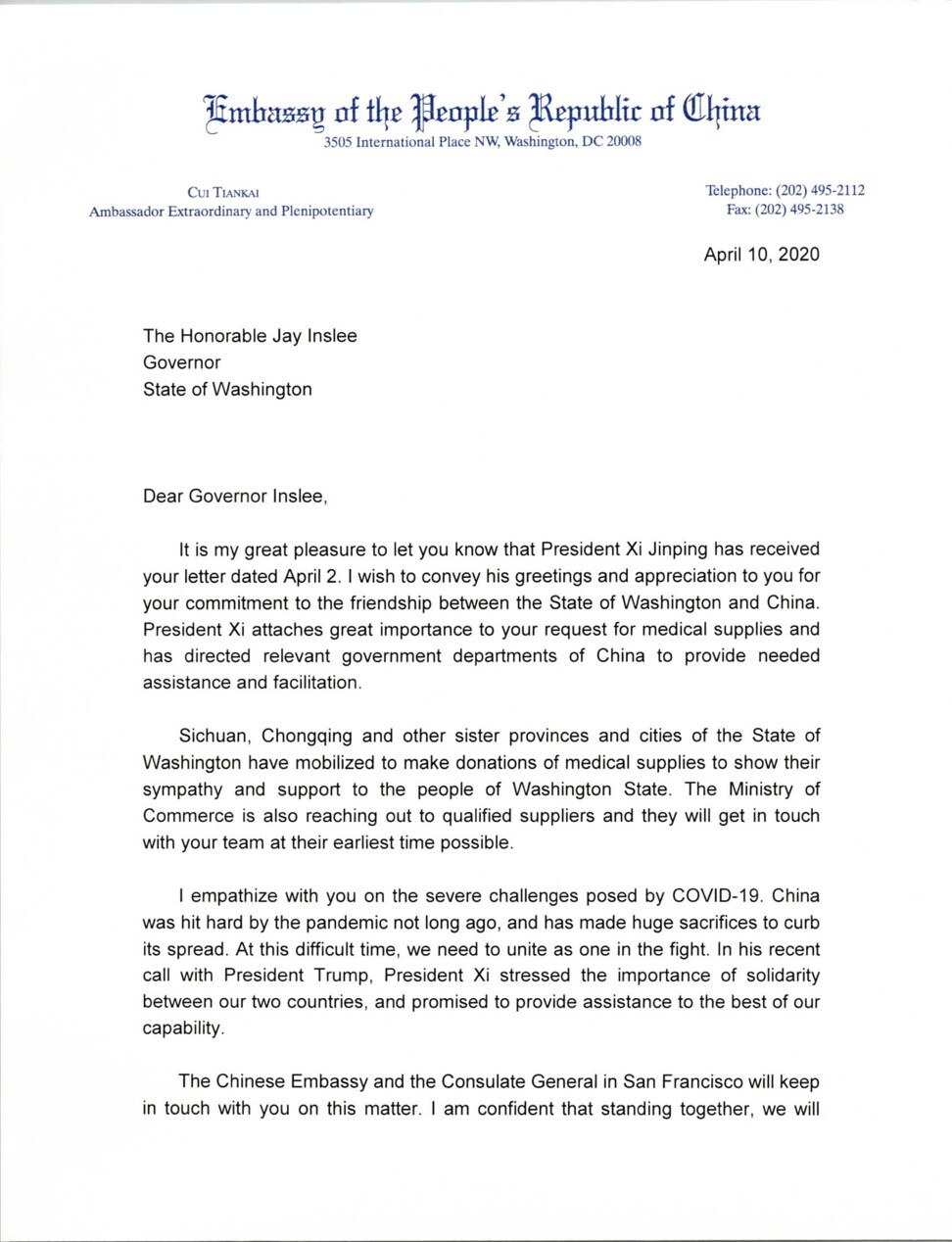
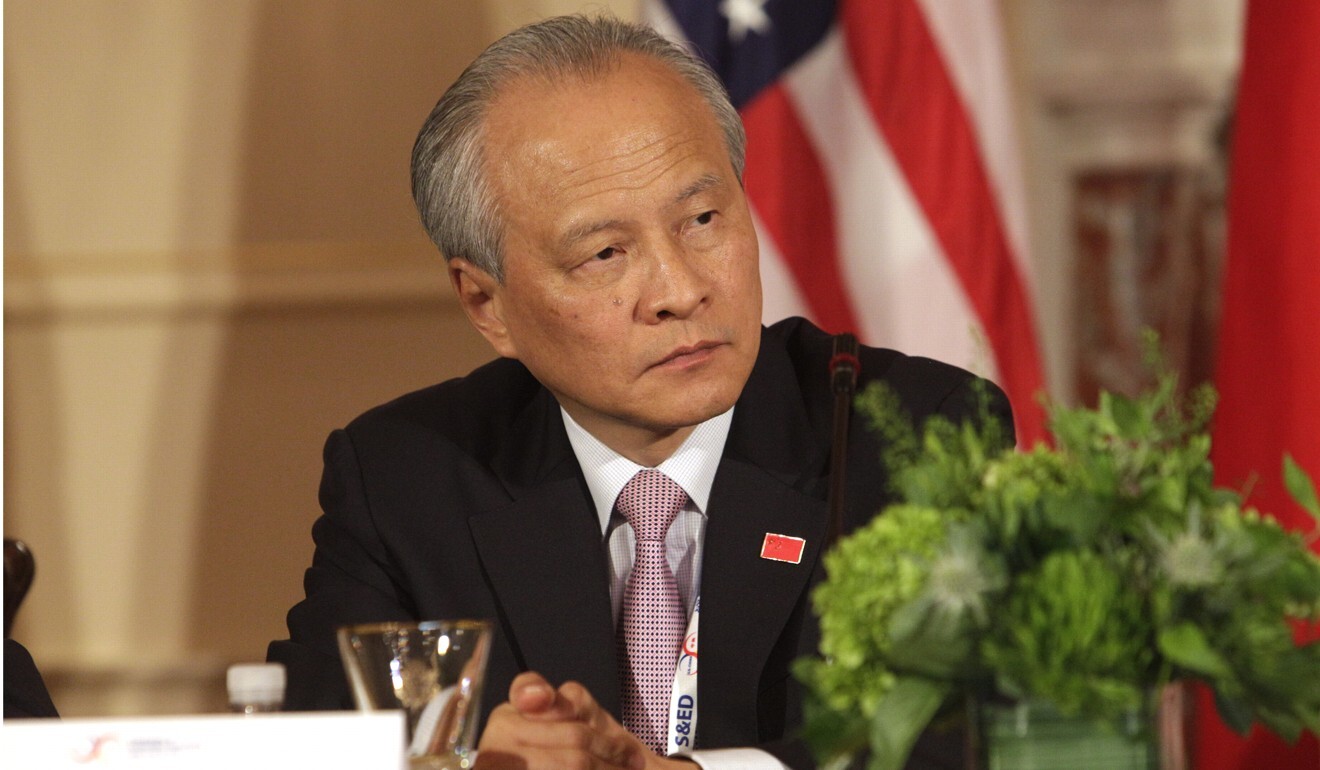
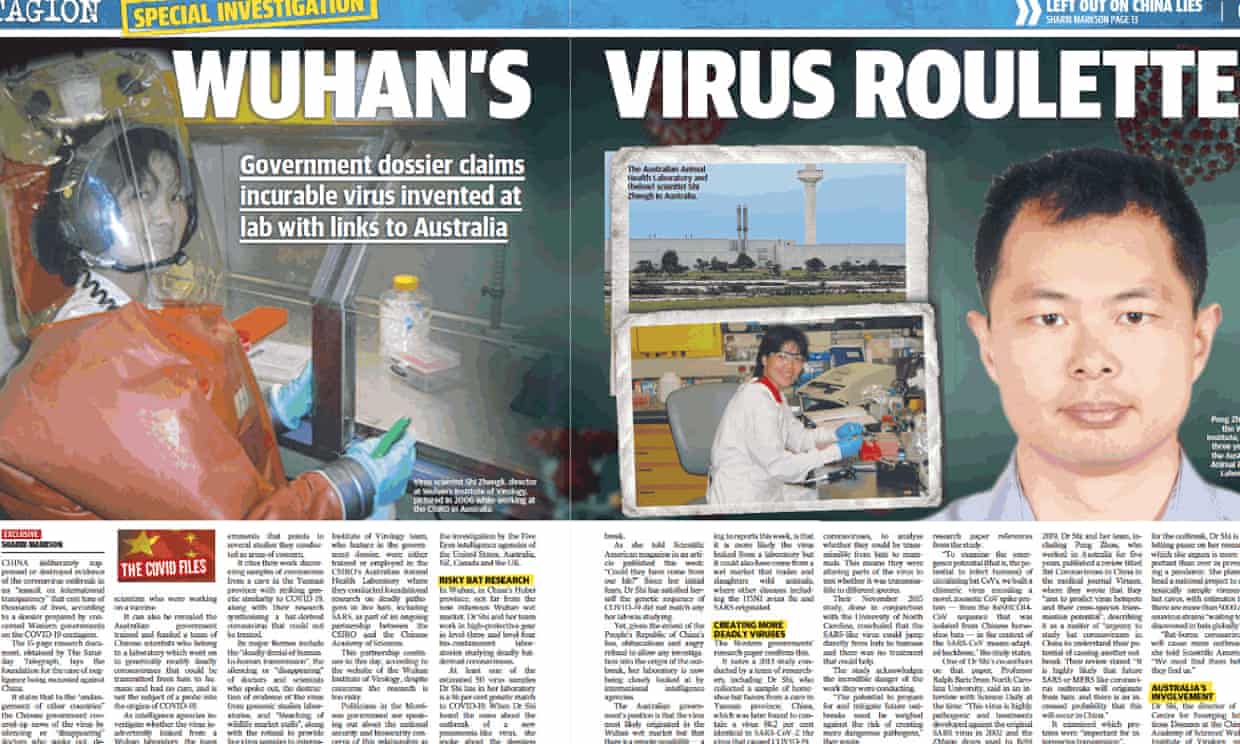
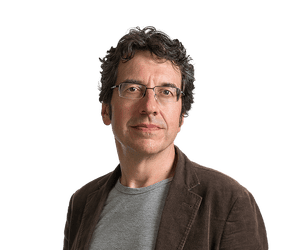
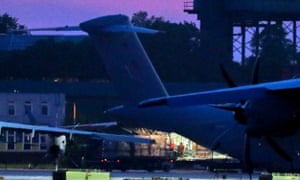
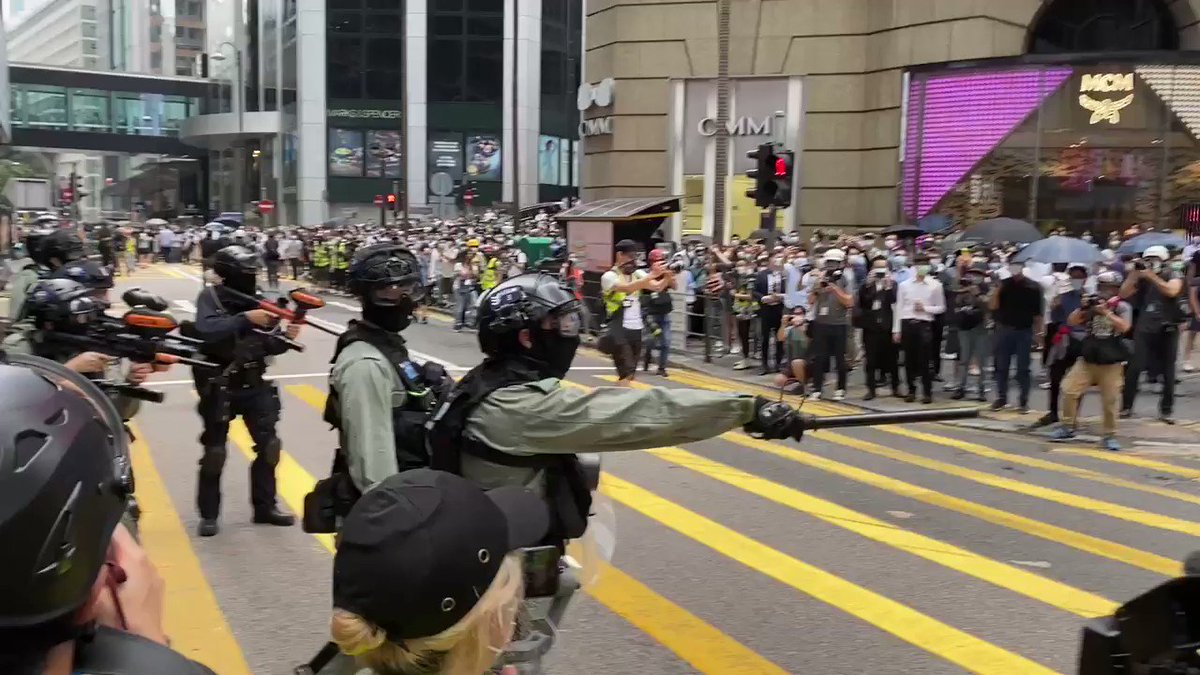 Xinqi Su 蘇昕琪(@XinqiSu)
Xinqi Su 蘇昕琪(@XinqiSu) Pak Yiu(@pakwayne)
Pak Yiu(@pakwayne)